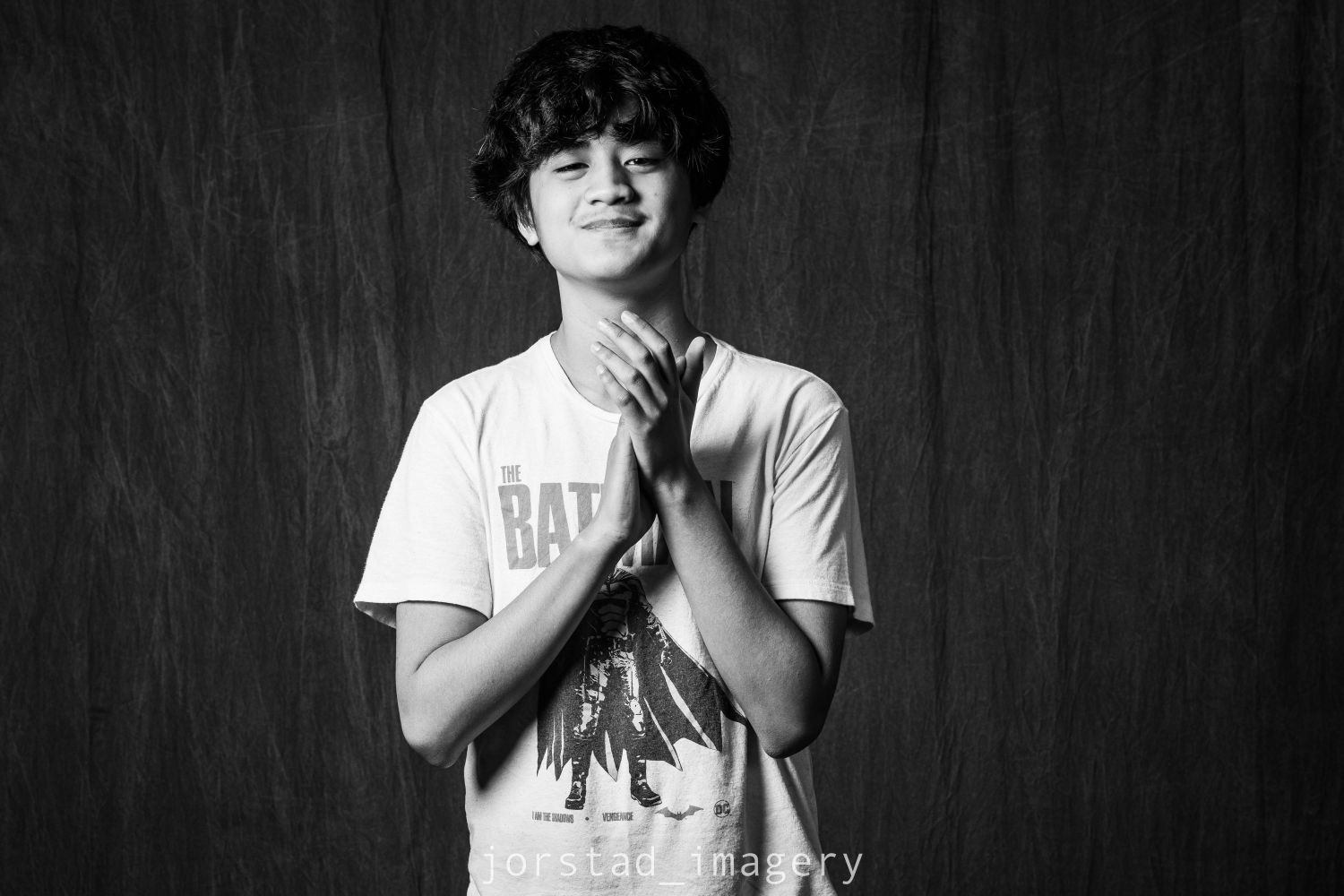We Are America
Escape from Bhutan
By Daman

Irondequoit High School, Rochester, New York
Before the 1980’s, in Bhutan, a growing ethnic group of Nepalese were able to speak their own language, celebrate their own holidays, and go to school to learn. However, the majority Drukpa people felt threatened by the increasing groups of Nepalese, so the government decided to strip rights away from these Nepalese people. They were forced to wear Drukpa traditional clothing, couldn’t speak Nepali, and were forced to be a part of the Drukpa religion. These actions turned the Nepalese against the Bhutanese government. Since they felt like their rights were unjustly being stripped away from them, many Nepalese started protesting. These protesters would come to schools and force those students to also protest. My father, a student at that time, was one of those who were forced to protest against his will. He was arrested and imprisoned for two to three months because he was caught in a protest that he didn’t want to be in. During the time my dad was in prison, the Bhutanese army and police would be very cruel: they would kill people and violate women of Nepalese ethnicity. After my father was released from jail, he and his family, who were Nepalese with Bhutanese citizenship, fled the country. The Indian government helped by taking in Nepalese refugees. Some refugees would either go to India, Nepal, or sadly be sent back to Bhutan. My family were lucky enough to not get sent back but to go to a refugee camp in Nepal. The living conditions in the refugee camps were terrible: the houses were made of sticks and clay, there was no food or water, and about 500 people eventually died from hunger, dehydration, dysentery, and malnutrition. My mother also had arrived in the same refugee camp a year before my dad. She had been to another refugee camp before.
For generations, my family has suffered greatly and endured many losses to get me where I am now. For example, my older cousin told me that my grandpa and grandma had eight kids but one of them died when she was only three months old because she had pneumonia and there wasn’t adequate healthcare. My grandpa, when he was young, went to India to study about agriculture and came back to Bhutan to teach Nepalese people about agriculture. Later, in the refugee camps I was born but I cannot remember anything about that place. A while ago, around the year 2015, my parents informed me that my grandpa had heart problems and died from cardiac arrest; he was still in the refugee camps and because of that there was no good healthcare for him. International agencies came to these camps to see what was happening. They helped by providing food and water. The American government and other international governments helped by taking in Nepalese refugees. My parents were lucky enough to be accepted into America, and that is where I live now. I am thankful for my parents’ strength to get me here where I can speak freely towards my friends and family, live in a comfortable house where I can sleep and eat well, and have good healthcare where I live safely and comfortably. My parents want me to go to college so I can have a good education and future, but I'm still thinking about what I want to do for the future. It’s almost the end of high school, and I don’t want to disappoint my parents since they’ve gone through so much to see me where I am. It would hurt me and my family to see me not achieve my dreams and have great accomplishments. Living in America is great because I have a choice and chance to achieve them. My parents didn’t have the same opportunity as I, so I should take advantage of it.
© Daman. All rights reserved. If you are interested in quoting this story, contact the national team and we can put you in touch with the author’s teacher.